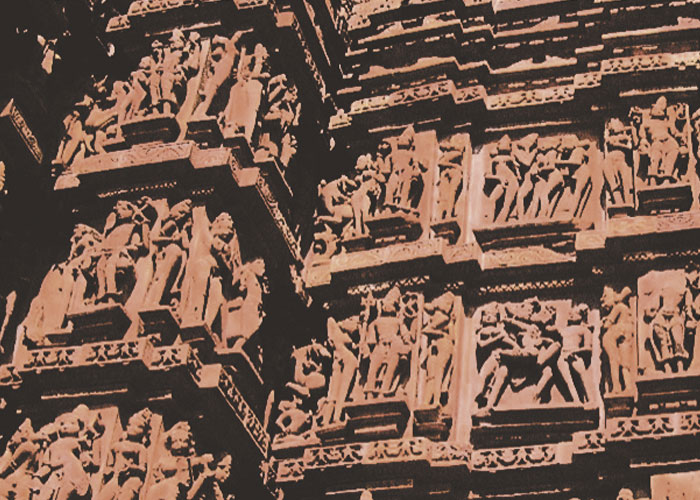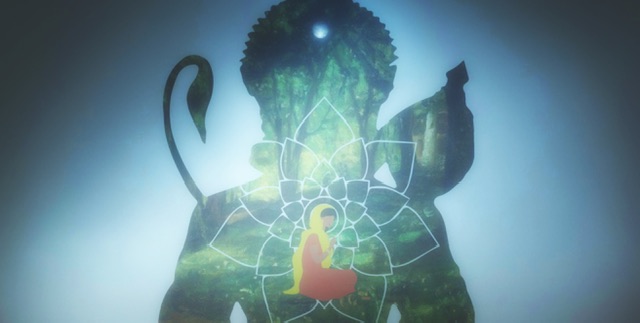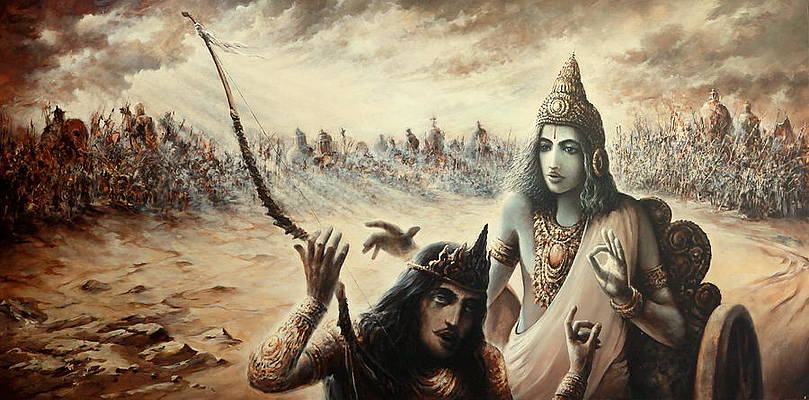Vedas predate all the other texts in the world and vedic culture is the basis of spiritual wealth of Bharatvarsha. This culture is as ancient as it is modern and scientific. No aspect of Creation was left out by the vedic seers, who advocated shanti and equality among all beings. The differences and disparities came in later, as did discrimination and exploitation, all of which are a direct consequence of us forgetting our culture, our roots.
It comes as no surprise then, that while the 21st century world and modern religions are still shying away from the subject of homosexuality, the vedic Indians 3,000 years ago recognized the third sex or tritiyaprakriti which was very much a part of the vedic society. Arjun as Brihanala in the court of Raja Virat and Shikandi as the prince of Panchaala Kingdom, are glaring examples from the previous yug of Dwapar.
Sushruta Samhita (SariraSthana, Chapter 3, Verse 4) states that the preponderance of semen over ovum begets a male child; that of ovum over semen begets a female child and; equal potency of both results in a neuter child.
Sushrut Samhita (SariraSthana, Chapter 2, Verse 38-42) and Charak Samhita (SariraSthana, Chapter 2, 17-21) further detail the symptoms as well as reasons for various kinds of sexual behaviours. Without getting in to the specifics of various texts on the subject, some general terms to describe sexual behaviour of an individual included puns prakriti (male), striprakriti (female), tritiyaprakriti (has both male and female qualities), napumsa (deficient in manhood), nastriya (deficient in womanhood), kliba (impotent with women by nature), panda (impotent with women for various reasons), shandha (he who has qualities and behaviour of woman), svairini (she who engages in sex with women), stripumsa (she who has qualities and behaviour of man). The deviations from male and female characteristics were attributed to inadequacies of the parental sperm or ova, cohabitation process or the thoughts of the parents. In all cases, the body, which one gets is described as a function of the karmas and desires of the soul.
The Vedas never termed homosexuality as a crime or an offense. It is the loss of vedic culture, which is being exploited by certain lawyers to fill their pockets as they drag issue of homosexuality in the court for decades. The Vedas perceived all beings as equal and the laws of nature are applicable to all across the board universally.





